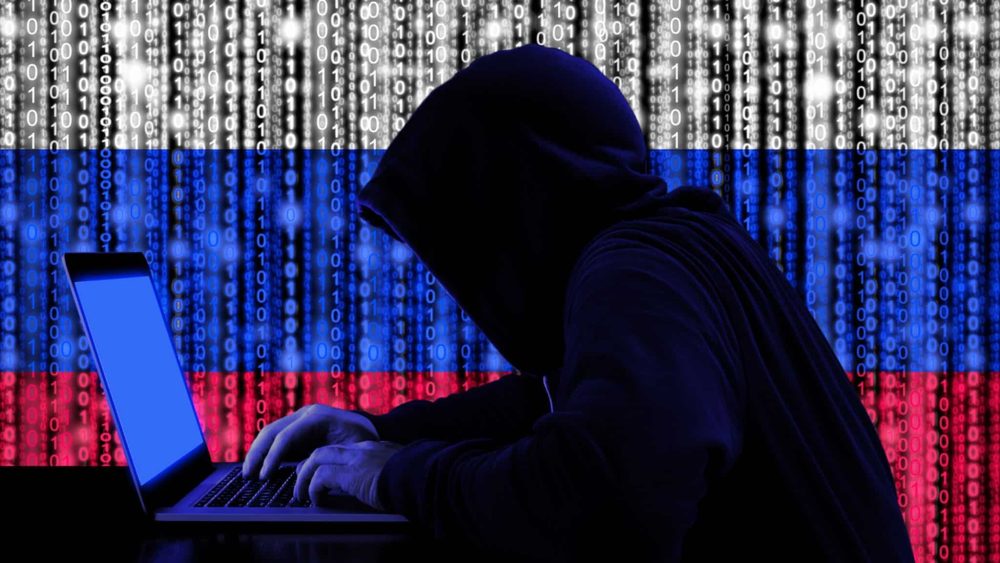In recent news, Pakistani government institutions have come under attack not only from Israeli hackers but also from a new wave of cyber threats originating from Russian hackers. This article explores the targeted attacks and provides guidance on mitigating cyber threats from these hacking networks. By implementing the recommended measures, organizations can bolster their cybersecurity defenses and protect sensitive data from unauthorized access.
Russian Hackers Target Government Institutions
The threat landscape in Pakistan has expanded with the emergence of Russian hackers targeting government institutions. Sources familiar with the matter have confirmed the involvement of these hackers, raising concerns over the security of sensitive data. To address the growing menace, the federal government has taken immediate action and issued a circular to provincial governments, ministries, and divisions, urging them to stay vigilant.
Circular Highlights Mitigation Strategies
The circular circulated by the federal government offers essential guidance to organizations for mitigating cyber-attacks originating from the Russian-backed hacking network. It recommends implementing distinct servers for offline and online networks to reduce the risk of unauthorized access. By segregating the servers, organizations can better protect sensitive data from potential breaches.
Strengthening User Control and Internet Access
To enhance security measures, the circular advises organizations to keep a close eye on the location of all file types and strengthen control over incoming internet traffic. By closely monitoring internet traffic, organizations can detect and prevent unauthorized access attempts. Additionally, limiting internet access to a select few individuals can minimize the chances of infiltration.
Authorization and Secure Backup
To safeguard sensitive data, the circular emphasizes the importance of authorizing the use of sensitive software through digital code signing. This process ensures that only trusted software is utilized within the organization, reducing the risk of malware or unauthorized access. Furthermore, organizations are advised to regularly back up sensitive data securely, protecting it from potential loss or compromise.
READ MORE: Tesla Model Y with HW4 Autopilot Computer: A Game-Changer for Autonomous Driving
Regular Password Updates and Emergency Preparedness
Maintaining strong passwords is a crucial aspect of cybersecurity. The circular suggests changing passwords regularly at the administrator level to prevent unauthorized access to critical systems. Additionally, organizations are encouraged to develop comprehensive plans to tackle emergency situations effectively. By proactively preparing for potential cyber incidents, institutions can minimize the impact and swiftly respond to any threats.
Vigilance against Israeli Hacking Activities
In addition to the Russian hacking threat, organizations are advised to remain cautious against suspected Israeli hacking activities. A recent government circular has explicitly discouraged sharing personal information with suspicious companies. It is vital to exercise vigilance and refrain from sharing personal information or documents on unauthorized websites. Following established cybersecurity guidelines, individuals should avoid clicking on unknown links to protect themselves from potential hacking attempts.
Exercise Caution in Everyday Practices
Practicing caution in everyday activities can significantly reduce the risk of falling victim to cyber threats. It is recommended to exercise caution when using public Wi-Fi networks, as they can be vulnerable to unauthorized access attempts. Furthermore, individuals should avoid installing unidentified and suspicious applications on their devices, as these could contain malicious software designed to compromise sensitive information.
Conclusion
With the growing prominence of cyber threats in Pakistan, organizations must remain vigilant and take proactive steps to strengthen their cybersecurity defenses. By implementing the measures outlined in the circular, including distinct server setups, user control reinforcement, secure backup protocols, and emergency preparedness plans, institutions can fortify their digital infrastructure against Russian hackers. Additionally, maintaining awareness of Israeli hacking activities and practicing caution in everyday practices will help safeguard sensitive data and mitigate potential cyber risks. By prioritizing cybersecurity, Pakistan can protect its valuable assets and ensure the continued safety and integrity of its government institutions.




